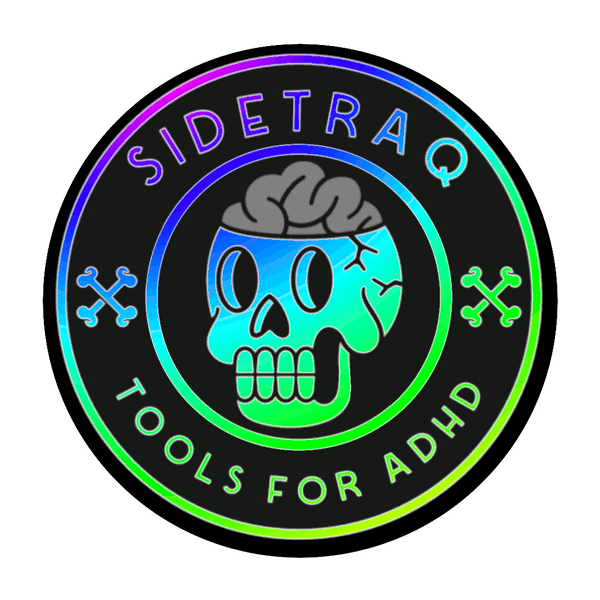As someone who grapples with Attention Deficit Hyperactivity Disorder (ADHD), the simple act of listening can often feel like an uphill battle. Despite our best intentions, staying focused during conversations, meetings, or lectures can be an elusive feat—one that is frequently misunderstood by those who don't experience ADHD firsthand. Today, I want to shed light on the complexities of listening with ADHD and share some insights from my own journey.
First and foremost, it's crucial to understand that ADHD isn't just about being easily distracted or hyperactive. It's a complex neurodevelopmental disorder that impacts a wide range of cognitive functions, including attention, impulse control, and working memory. This means that even when we want to listen and engage, our brains may have other plans, leading to frequent interruptions or drifting off mid-conversation.
For me, the struggle to listen with ADHD often stems from a combination of factors. Distractions—both external and internal—can pull my attention away from the speaker, making it difficult to maintain focus. It's like trying to tune into a radio station with constant static in the background, where every passing thought or sound threatens to derail my concentration.
Additionally, ADHD is often accompanied by difficulties with executive function, which can impact our ability to process and retain information in real-time. This means that even if we're physically present in a conversation, our minds may be miles away, grappling with a million other thoughts and tasks vying for attention.
Furthermore, the fast-paced nature of modern communication can exacerbate the challenges of listening with ADHD. In a world where information is constantly bombarding us from all angles, it's easy to feel overwhelmed and mentally exhausted, further hindering our ability to listen effectively.
But here's the thing: despite the hurdles, individuals with ADHD are not inherently bad listeners. In fact, many of us are incredibly empathetic and eager to engage with others—we just have to approach listening in a way that works for our unique cognitive wiring.
So, how can we navigate communication challenges with ADHD more effectively? Here are a few strategies that have proven helpful for me:
-
Active listening techniques: Practice techniques such as repeating back key points, asking clarifying questions, or providing verbal affirmations to signal engagement and understanding.
-
Minimize distractions: Find quiet, distraction-free environments whenever possible, and consider using tools like noise-canceling headphones or white noise machines to help maintain focus.
-
Chunk information: Break down complex ideas or instructions into smaller, more digestible chunks to make them easier to process and retain.
-
Take breaks: Give yourself permission to take breaks during conversations or meetings if you find your attention waning. A quick walk or stretch can help reset your focus and recharge your mental batteries.
-
Advocate for yourself: Don't be afraid to communicate your needs to others and ask for accommodations when necessary. Whether it's requesting written instructions or scheduling regular check-ins, advocating for yourself can help create a more supportive communication environment.
Ultimately, the key to improving listening with ADHD lies in self-awareness, patience, and a willingness to experiment with different strategies. It's not always easy, and there will inevitably be setbacks along the way, but with perseverance and understanding, we can learn to navigate the complexities of communication with ADHD more effectively. And remember, your worth as a communicator is not defined by your ability to listen—it's defined by the unique perspective and insights you bring to the table.
